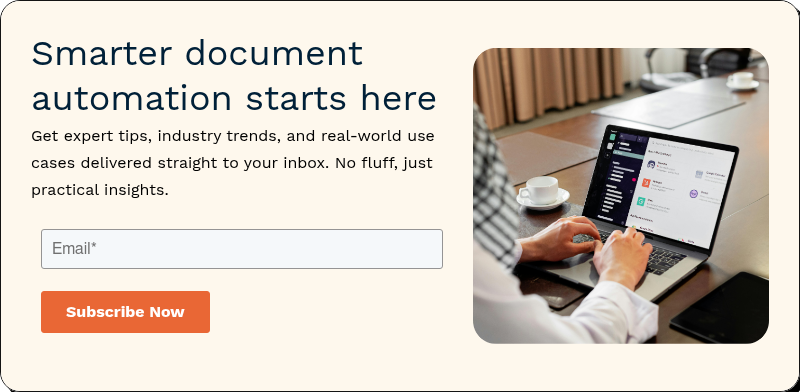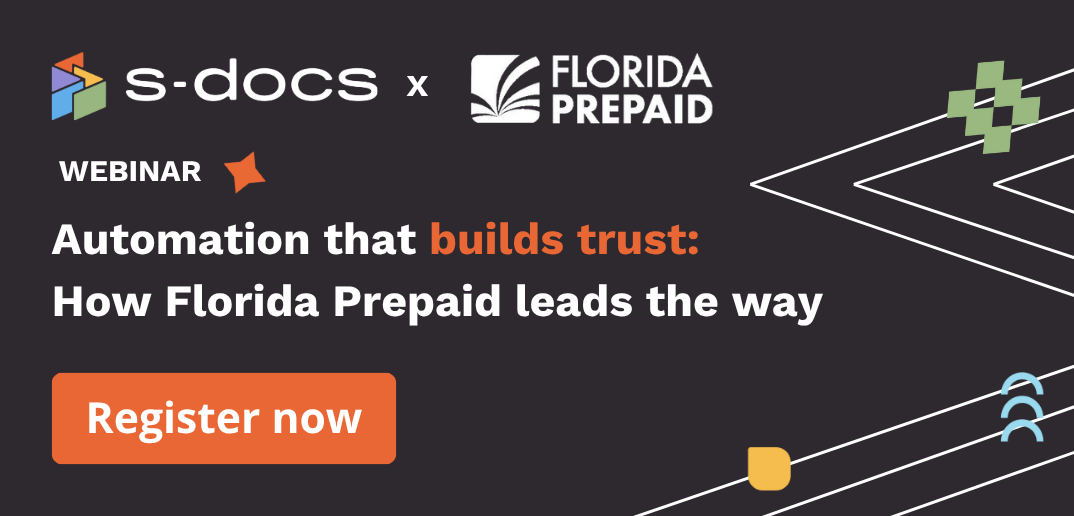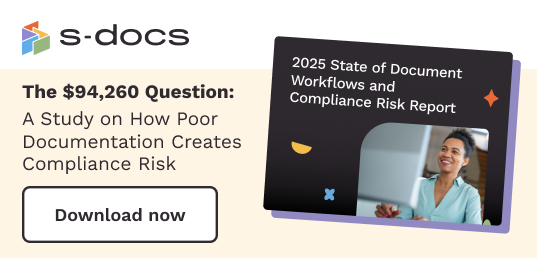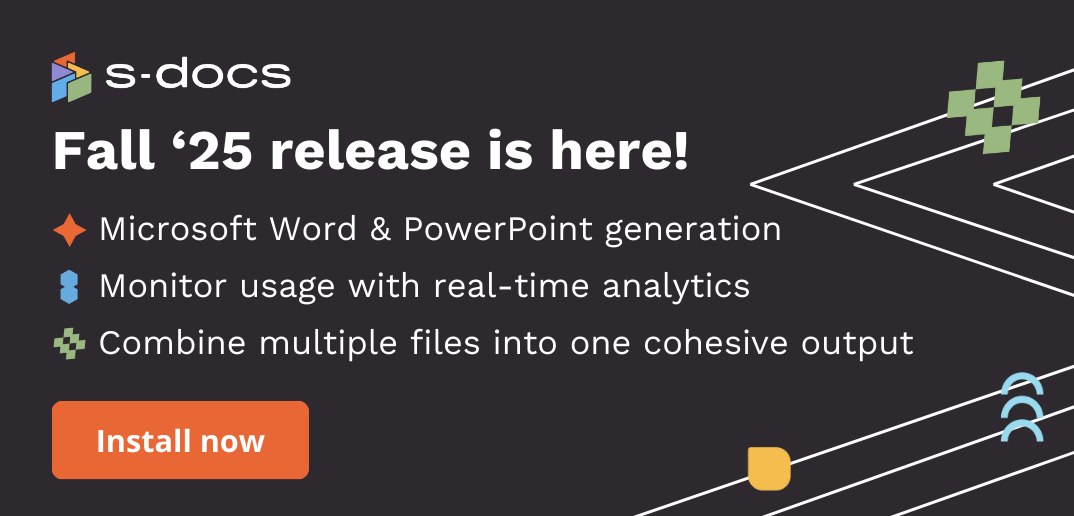But what about keeping patients’ information secure?
Healthcare documents hold the most sensitive data patients have. Every healthcare organization is familiar with HIPAA and the compliance required to uphold the national standards for patient medical history and records. It’s laws like these that can make it difficult for healthcare organizations to implement critical software while keeping patient data secure.
But with the recent trend in digitizing the healthcare industry, innovative technology like document automation is paving the way for a new level of patient data security. So how does document automation keep patient information more secure, leading to more success for healthcare companies?
Patient Data Never Leaves The Cloud
Because of these HIPAA privacy laws, working with many cloud-based software providers can be challenging. For some healthcare organizations, there is too much risk involved.
This is because a lot of document automation apps utilize external clouds, think Amazon Web Services (AWS) or other 3rd party servers, to generate, store and aggregate patient data. It can be difficult to find a document automation solution that meets the needs of risk-averse IT organizations who must retain control of data. However, with a native Salesforce document automation app like S-Docs, patient data never leaves the Salesforce cloud.
You Might Also Like: 4 Ways Native Apps Are Transforming The Healthcare Industry

Patient Data Transferred More Efficiently
With the number of sensitive healthcare documents that are required by various departments, the transfer between teams can add additional risk and slow teams down.
When using document automation in healthcare, patient data changing hands is significantly less risky and less time-consuming. Document automation apps help teams easily and safely generate documents like treatment plans, patient reports and post-visit assessments and move them from one team to another automatically. The efficient exchange of information between teams ultimately makes healthcare organizations more successful.
Reduces Errors in Patient Data
One of the key benefits to the digitization of healthcare documents is that it reduces the risk of human errors when documenting patient data. Healthcare organizations are implementing new electronic health record management systems and moving away from the paper age altogether. But even with these technological advancements, the risk of errors still exist for many healthcare documents that are not automated. By automating healthcare documents such as doctor correspondence letters or medical device audits, the risk of human error decreases significantly.
S-Docs, the preferred document automation app by healthcare organizations such as Bayer, Johnson & Johnson and Baxter, is 100% Native — meaning it’s faster, easier to use and has the same look and feel as Salesforce. Since data never leaves the cloud it is more secure, creates cohesive patient data forms and compliance across different organizations in the business.






.png)
.png)
.png)